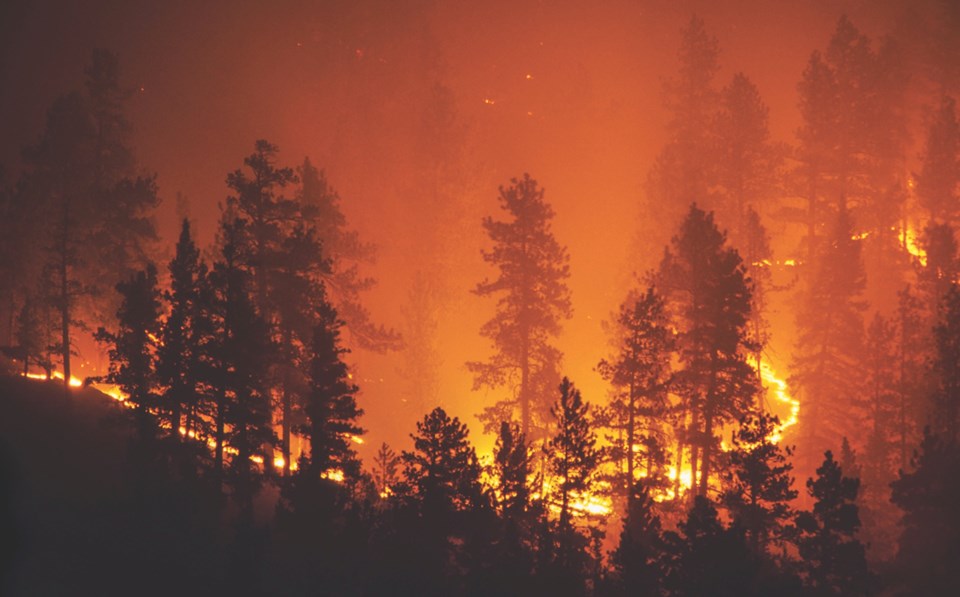A St. Albert company has partnered with a county in Colorado to begin work on a new facility with the hopes of bringing attention to its design and use in Alberta.
Biochar is a form of charcoal that is carbon-rich material and intended for organic use such as soil. It's made through a process called pyrolysis, which is a waste to energy technology. It involves taking organic materials, such as wood or wood residues, crop residues or other biomass, and chemically disposing of them in the absence of oxygen through heat, in temperatures varying between 400 and 500 C.
Complete Solutions Consulting International Inc. (CSCI), is a St. Albert company that helped develop the technology for a new biochar facility in Douglas County, Colo., the first county in the United States to own and operate its own biochar facility.
CSCI Director Jason Holtz said they're very excited to be working with Douglas County, being what they believe to be the first county in the United States to purchase their own biochar equipment for wildfire mitigation, it is one of the various benefits to the technology.
"The primary uses of it are organic nutrient amendments, so basically soil amendment. They put it in the soil for farmers and it increases the microbial development, reduces water consumption," he said. "It's also been used for water filtration. They're putting it in asphalt and concrete, it has lots of different applications."
Biochar can also mitigate wildfires by improving soil health, which can in turn reduce the intensity and spread of wildfires.
"A well-maintained forest apparently burns much cooler, and typically the flames don't go to the top of the tree, so you reduce that ability to fly the embers," Holtz said.
Hotlz said the hope with partnering with Douglas County, Colo. is to present St. Albert and surrounding municipalities, as well as the province, with a true case study for the technology.
"The challenges with counties or municipalities or cities is to come up with the capital to fund it," he said. The cost to run a facility like this varies. Holtz said the budget for the Douglas County facility was around $3.2 million. Cost isn't the only factor for a municipality to consider though.
"You look at a project like this, [Douglas County] is central to a large amount of biomass residuals. So they're now going to become a hub where everybody can take their wood residuals," he said. "So if you can co-locate or work with other geographic regions and partnerships, maybe you can centralize a facility like this where multiple counties or municipalities can bring their waste biomass to the central location and convert it for the good of the citizens and residents and everyone."




